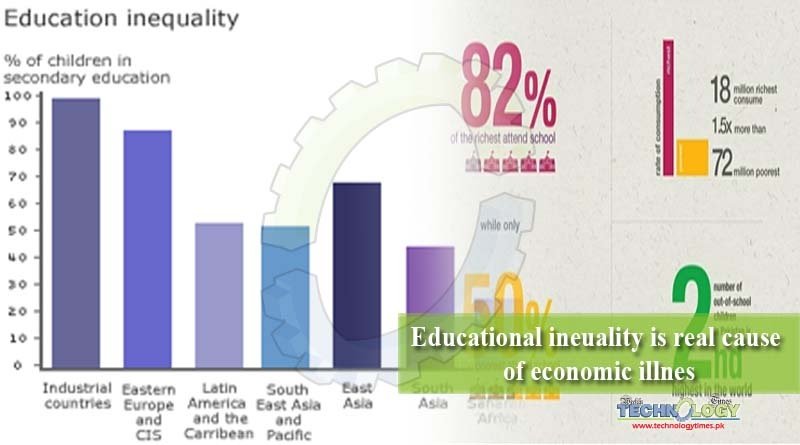Relating economics with education means highlighting economic issues relating to educational, including the demand and supply for education, the financing and provision of education, and the comparative efficiency of various educational policies which impacts any economy.
 Economics is a framework that not only allocate resources but it also identify that a well-educated labor force is crucial for any nation to compete in an increasingly global economy that only rewards skills and knowledge. Evaluating the productivity of educational Institutions, study of incentives and choices will make economics more relevant to educational reforms and policies.
Economics is a framework that not only allocate resources but it also identify that a well-educated labor force is crucial for any nation to compete in an increasingly global economy that only rewards skills and knowledge. Evaluating the productivity of educational Institutions, study of incentives and choices will make economics more relevant to educational reforms and policies.
Education is the most important determinant of economic well-being / economic growth of any country as it catalyze the growth by creating impact on human capital which improves productivity and transitional growth towards higher level of output, by increasing the innovative capacity of any economy through new knowledge and technologies which promotes growth and by facilitating the diffusion and transmission of knowledge required not only to understand but for the execution of implementation devised by others . Hence the accumulated evidence from analysis of economic outcomes lie in the quality of education measured by cognitive skills which have enormous effects on economic activities.
Human capital theory highlights that investment in educational attainment improves labor market and productivity by inspiring labor through better rewards on attainment which reduce crimes and improves civic engagements that ensures better society but the important question lies in the fact that the Educational achievements are unevenly spread in most of the developing countries including Pakistan.
Usually this inequality starts from their social backgrounds and individuals with poor backgrounds do worse in terms of educational outcomes, inequalities on the basis of gender is also common in the whole world but prominent in developing nations. As males are considered to support their families in future so provision to attain education is mostly available to males as compared to females. So there is no doubt in the fact that Education and inequality are closely related. It may relates family backgrounds or demographic positions.
So it is suggested that if Pakistan wants to achieve economic growth which interns translates into economic development than we should work on our educational system because higher levels of educational attainment are strongly associated with higher earnings and better employment prospects and impact of education in labor market have strong roots.
Hence, the single biggest impact on growth is the widening gap between the lower middle class and poor households compared to the rest of society. Lack of investment in education by the poor is the main factor behind inequality hurting growth so developed is only possible if and only if we work on education. Better quality and access to education ensures Economic Prosperity.
